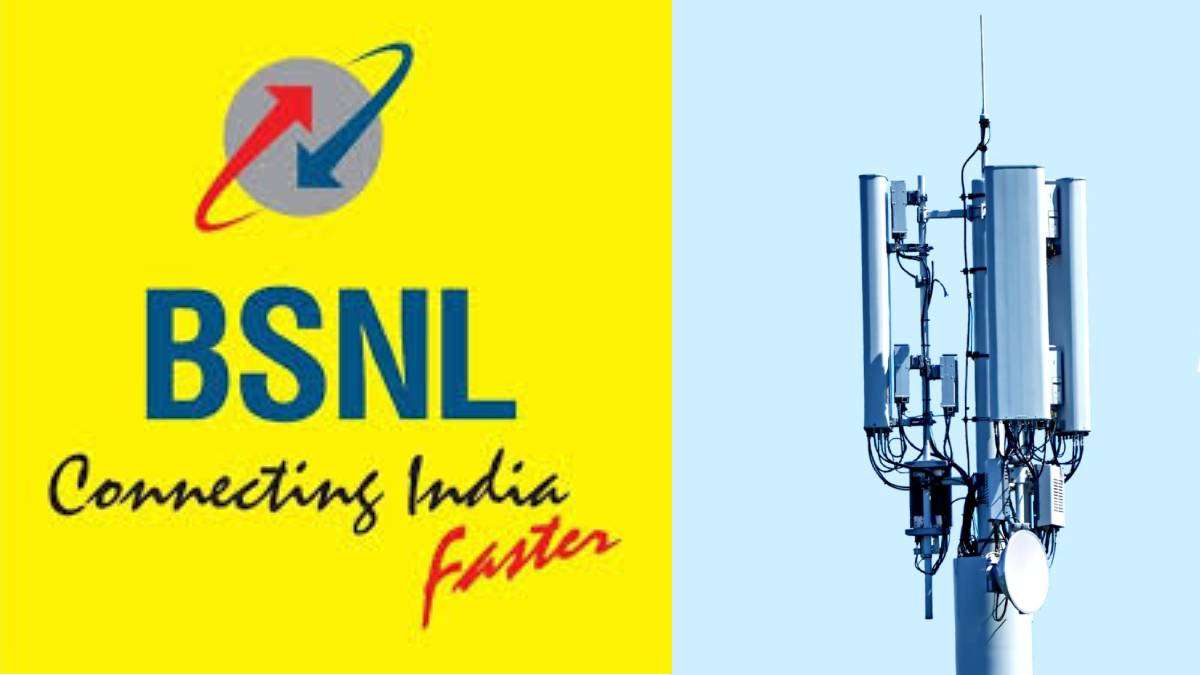
BSNL has completed the trials of its Direct-to-Device (D2D) technology in collaboration with global satellite communication firm Viasat. This new development enables users to make audio and video calls without the need for a SIM card or traditional network. The new technology is reportedly compatible with Android and iOS smartphones, along with the smartwatches and other smart devices available in the market. It further aims at offering seamless connectivity even in remote areas or during network outages.
BSNL’s Direct-to-Device Technology: Satellite-based connectivity
What Direct-to-Device means for users
According to Viasat, Direct-to-Device connectivity is a revolutionary technology that enables mobile phones, smartwatches, and even cars to connect directly to a satellite network. The technology is designed to support both personal and device communications, offering reliable connectivity regardless of location. This development is expected to bring wider coverage and reliable communication for users, especially in remote and underserved areas.
No need for mobile towers or a wired connection
The Direct-to-Device service is based on satellite communication, which enables the devices to connect directly without relying on any mobile towers or wired connections.
Similar to satellite phones, this new technology facilitates communication between smartphones, smartwatches and other smart gadgets.
BSNL and Viasat trial
During the trial, BSNL and Viasat successfully tested two-way messaging and SOS messaging on a commercial Android smartphone using Non-Terrestrial Network (NTN) connectivity. The trial included a phone call using a satellite located 36,000 kilometres away, marking a significant step toward uninterrupted communication.
Competition among telecom giants heats up.
With the successful trials of D2D technology, BSNL is now positioned to compete with other telecom giants like Airtel, Jio, and Vodafone-Idea in the race for satellite connectivity services. Airtel recently showcased a satellite internet service demo at the India Mobile Congress 2024, while Jio is also working on similar technology.
BSNL’s trial at the India Mobile Congress demonstrated the potential of direct satellite connections for emergency scenarios. As the Indian government prepares to allocate spectrum for satellite internet, players like Airtel, Jio, Vi, and even Elon Musk’s Starlink are expected to enter the market, offering satellite-based internet services.
ALSO READ: Vivo X200 series set to launch in India: All you need to know
ALSO READ: Oppo Find X8 series: Pre-reservations open ahead of October 24 launch
